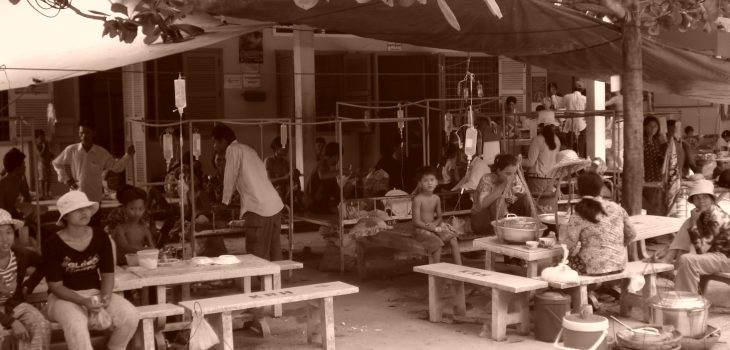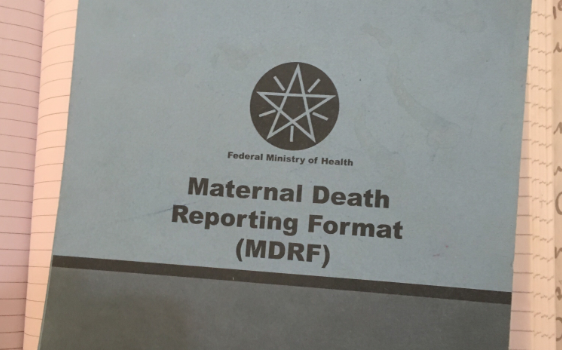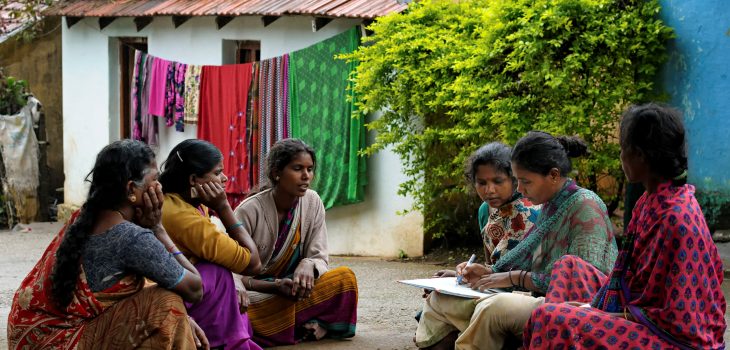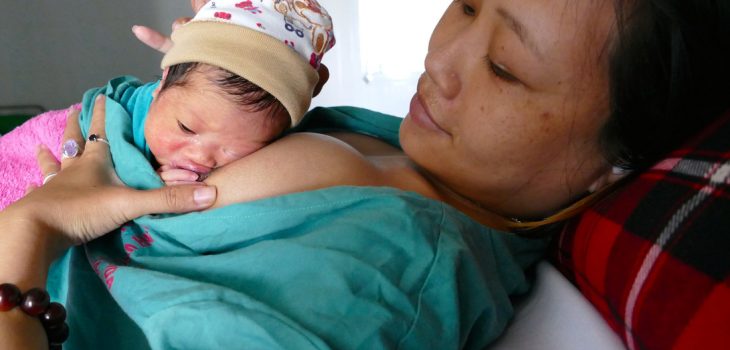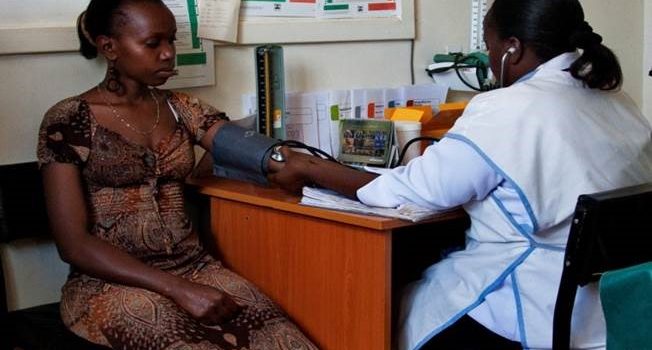Health Systems Global and Health Policy and Planning are pleased to announce the publication of a special supplement – Advancing health systems for all in an SDG era. How did this supplement arise? The Fifth Global Symposium on Health Systems Research (HSR2018), hosted by Health Systems Global (HSG) and organized in…












